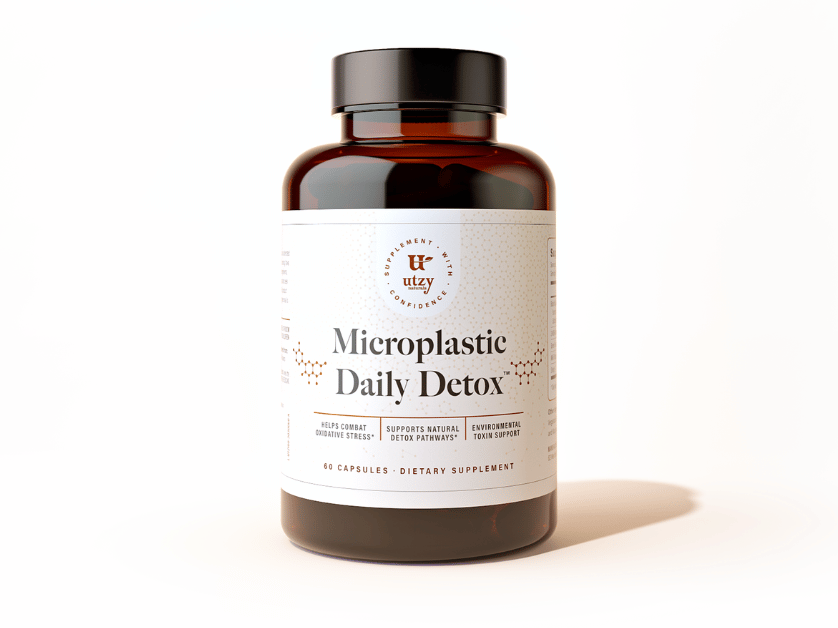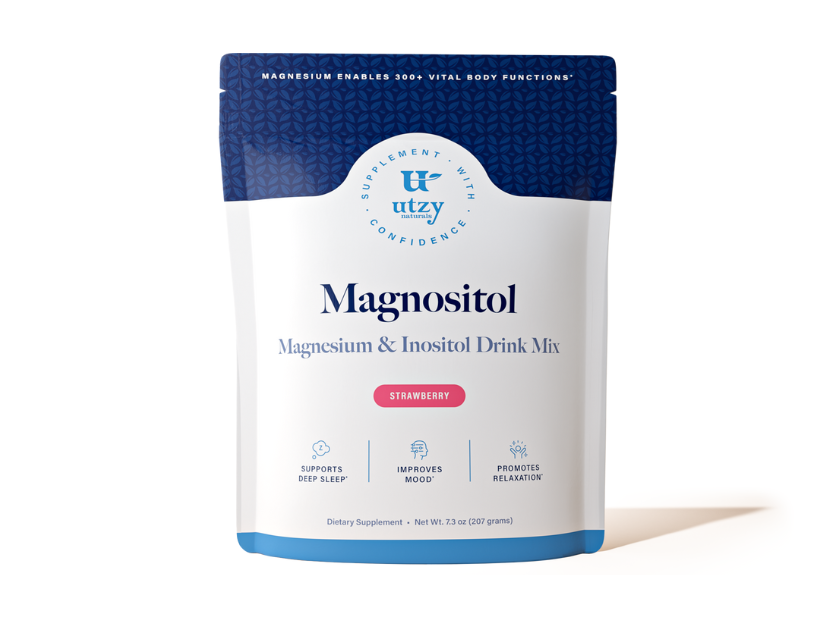shop
learn

5 Habits That Are Ruining Your Immune System
November 05, 2019 4 min read
With all of the fears surrounding pathogens, it's important to take care of your immune health.
While you're living your everyday life, your immune system is hard at work, defending you from attacks that are trying to keep you down.
Avoid these 5 common immune system wreckers and maintain your health!
1. Am I Eating Enough Vitamins?
Getting enough vitamins in your diet is a necessary step for optimal immune system function.
Take vitamin C for example.
One in three people are not getting enough of it.
When you lack adequate vitamin C, your immune system has reduced resistance to certain types of pathogens (1).
If you want to maintain a strong immune system, it's important to get the daily recommended amount of Vitamin C.
Another example?
Though difficult to find in food and challenging to get year-round from sunlight, Vitamin D helps to keep your immune system in tip-top shape.
Find vitamins in brightly colored fruits and vegetables, lean proteins, legumes, nuts, seeds, whole grains, and dairy.
If you feel your diet is lacking, round it out with a high quality supplement.
 2. Am I Eating Too Much Fast Food?
2. Am I Eating Too Much Fast Food?
Fast food, while cheap and convenient, can alter the healthy balance of beneficial bugs in your gut.
Over time, this imbalance weakens your immune system’s ability to protect you from certain chronic conditions.
In addition to helping you digest your food, your gastrointestinal tract acts like a fence. When it works the way it should, germs you are exposed to in food and drink can't enter your bloodstream.
The added sugars and refined carbohydrates in fast food may overfeed the bad bugs in your gut and starve the good ones.
This condition, called dysbiosis, weakens your gut's ability to keep certain proteins and bugs from passing into your bloodstream.
Leaky gut syndrome is the condition that develops when proteins and microbes breach the gut barrier. This scenario has been linked to autoimmune conditions and allergies.
To help keep your gut healthy, eat plenty of prebiotics, the food the good bugs love.
3. Am I Making Enough Time for Movement?
Being active for the recommended 150 minutes per week may get you through this year's sick season, more or less unscathed.
While no one can say for certain why exercise may help the immune system, there is some promising research.
Some researchers believe that being physically active helps the lungs “flush out” bacteria that might otherwise make you ill.
Being more active has actually been linked to a lower risk of sickness (2).
Make physical activity a priority can help you to reap additional benefits like dealing with stress better. You'll also sleep better. Both of these moves will also help your immune system.
4. Do I Manage My Stress Well?
Stress is a necessary part of the human experience.
And in short-lived and specific instances, it may help boost memory and cognitive function. Think about how stress motivated you to nail that last job interview or presentation.
When you experience high levels of stress on a continual basis, however, harmful changes in your body’s immune system ensue. As a result, it's much easier to pick up pathogens that are going around.
Years of chronic stress can suppress your immune system, lower your immune function, or even cause overactive immune responses to triggers in your environment.
Keep stress in check with healthy coping strategies like physical activity, maintaining positive relationships, and getting enough sleep.

5. Am I Getting Enough Sleep?
A lack of sleep, aside from making you sluggish and tired, might also be weakening your immune system.
About 1 in 3 adults get less than the recommended 7 hours per sleep each night.
Are you one of them?
If so, you may want to try a natural sleep aid.
Inadequate sleep leads to changes in immunity that can make you more susceptible to falling ill.
In one interesting study, healthy adults recorded how long they slept each night for two weeks. At the same time, researches exposed the adults to the common cold and monitored the rates at which they got sick.
Those who got fewer than 7 hours of sleep were almost 3x more likely to develop a cold than those getting at least 8 hours of sleep.
As you can see, when it comes to staying healthy this cold season, sleep matters.
Conclusion
While it is possible to stay healthy during the winter months, you may find that you are sabotaging your own immune system.
It is important that we care for our bodies through all aspects of health. Not just through diet and exercise, but emotional health as well.
You may need to take a look at your life and identify unhealthy habits and behaviors that are affecting your health for the worse.

Leave a comment
Comments will be approved before showing up.
Also in Health
Subscribe
Sign up to get the latest on sales, new releases and more …
Join the Utzy Naturals Club!
Sign up and get the latest on sales, new releases, and more...






 2. Am I Eating Too Much Fast Food?
2. Am I Eating Too Much Fast Food?